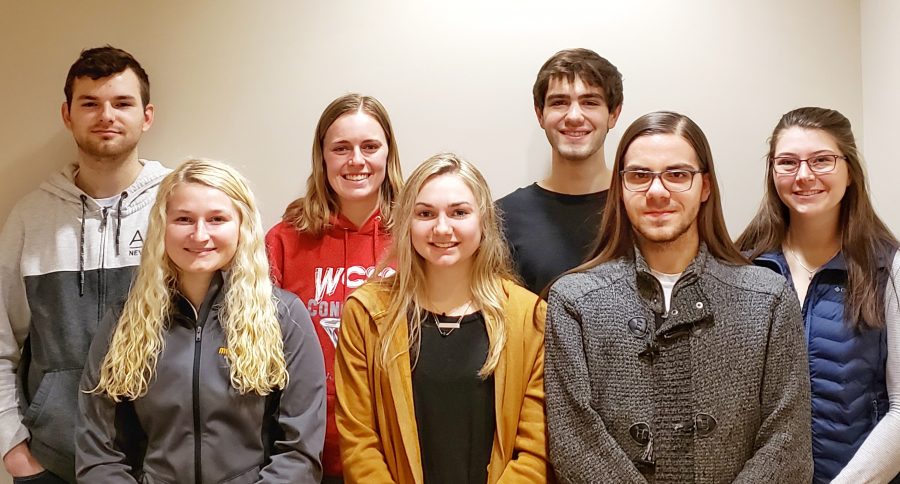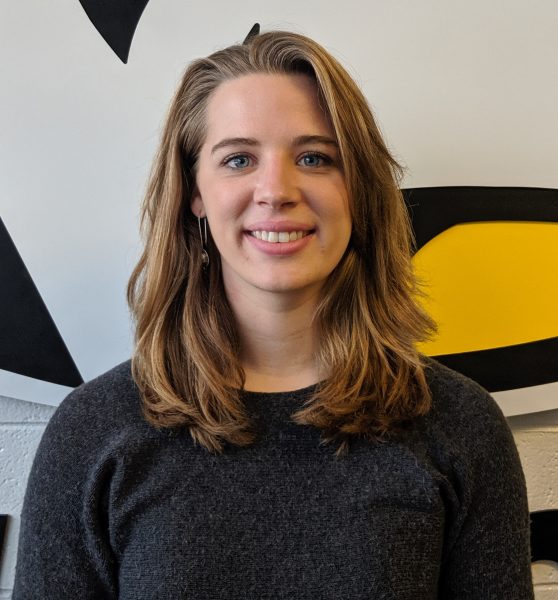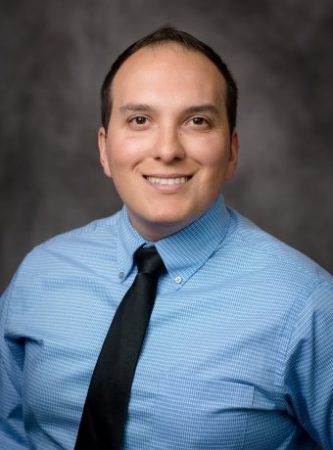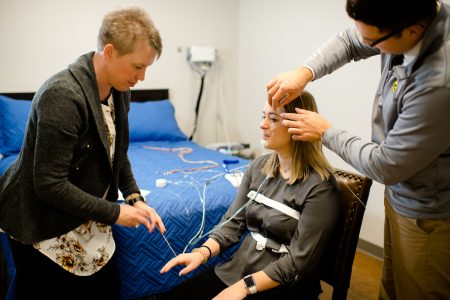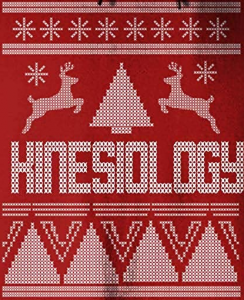The Kinesiology and Integrative Physiology Department will be holding an informational session about our Kinesiology Accelerated Master’s Program (BS-MS). The informational session includes an overview of the program, an opportunity to talk with graduate students who are currently enrolled in the BS-MS program, and tips for preparing an application.
The information session will take place at 2:30 p.m. today (Feb. 28) in ATDC 101. Feel free to stay for the KIP Seminar that follows.
Please RSVP by calling the KIP office at (906) 487-2715 or by emailing Melissa.

